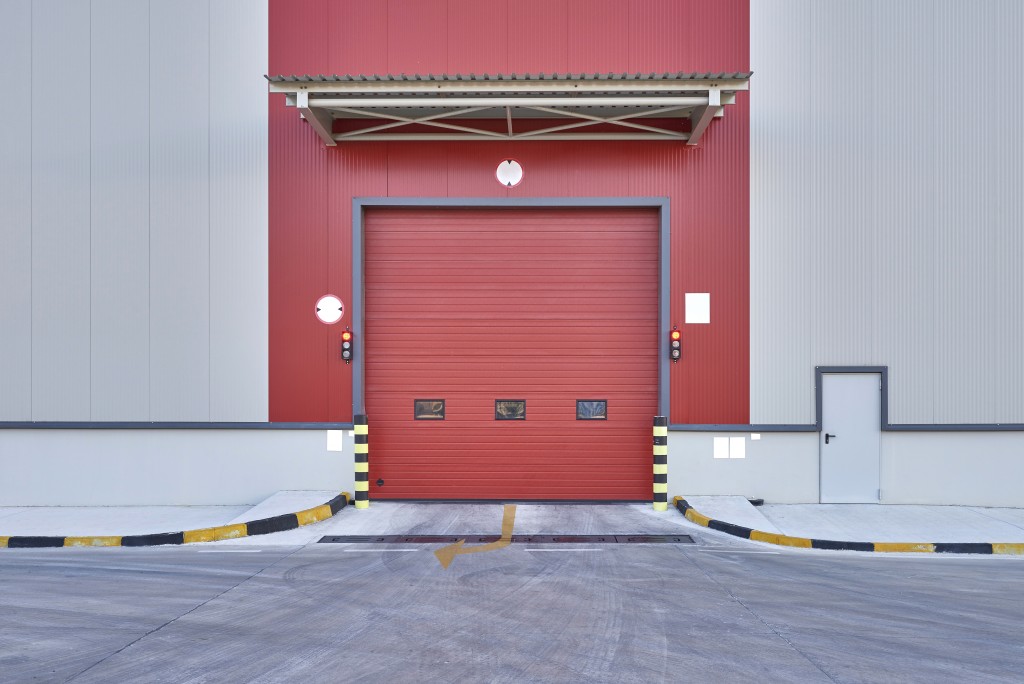- The automotive industry is evolving rapidly with innovative vehicle transportation and design approaches, like electric vehicles and alternative fuels.
- Autonomous vehicles and advanced driver assistance systems have the potential to reduce accidents and fatalities caused by driver error significantly.
- Aerodynamics and lightweight materials can improve vehicle fuel efficiency and performance, promoting sustainability.
- Advanced vehicle connectivity and infotainment systems transform how people interact with vehicles, providing real-time traffic and weather information.
- Choosing a reliable flatbed manufacturer for your vehicle can ensure durability and safety, with customized options available.
There’s no denying that the automotive industry has undergone some significant transformations in the past few years. From electric vehicles to autonomous technology, innovative approaches to vehicle transportation are driving the world forward.
As the automotive industry evolves, the need for innovative approaches to vehicle transportation becomes increasingly important. From new designs and technologies to alternative fuel sources, there are numerous ways to push the boundaries of traditional automotive design and create more efficient and sustainable vehicles.
This article will explore the importance of innovative approaches to vehicle transportation in automotive design and highlight some of the latest trends and advancements in the industry.
Innovative Approaches to Vehicle Transportation
With so many fascinating advancements to keep up with, it’s an exciting time to be a part of this ever-evolving industry. Here are some of the most cutting-edge approaches to vehicle transportation:
Electric Vehicles and Alternative Fuels
Electric vehicles are becoming increasingly popular as people become more conscious about the environment. These vehicles are powered by electric motors, which run on electricity from batteries, meaning they have zero emissions. Electric cars are also more efficient than conventional gas or diesel vehicles, requiring less energy to move the same distance.
Another innovative approach is using alternative fuels, such as hydrogen and biofuels. Both of these options have the potential to drastically reduce emissions while still allowing vehicles to travel long distances. Some companies have already started producing commercial trucks and buses powered by hydrogen fuel cells.
Autonomous Vehicles and Advanced Driver Assistance Systems
Autonomous vehicles are no longer science fiction. Self-driving cars are already on the roads today. This advanced technology has the potential to significantly reduce the number of accidents and fatalities caused by driver error.
Advanced driver assistance systems (ADAS) are also becoming more common. These technologies, such as lane departure warnings and automatic braking, use sensors and cameras to help drivers avoid accidents.
Aerodynamics and Lightweight Materials
Aerodynamics can have a significant impact on a vehicle’s performance and efficiency. Manufacturers can reduce drag and improve fuel efficiency by designing more aerodynamic cars. Lightweight materials, such as carbon fiber and aluminum, can also improve fuel efficiency while maintaining safety.
Advanced Vehicle Connectivity and Infotainment
Advanced vehicle connectivity and infotainment systems are transforming how people interact with vehicles. With these systems, you can control the music and navigation through voice commands, access real-time traffic and weather information, and receive alerts about vehicle maintenance.

Innovative Approaches to Flatbed Transportation
Flatbed transportation has come a long way, and innovation is crucial to this transformation. Here are some innovative approaches that significantly ensure faster, safer, and more efficient flatbed transport.
Lightweight Materials
Thanks to advancements in materials and technology, it is now possible to make flatbed trailers lighter and more durable at the same time. This is important because lightweight trailers reduce fuel consumption and increase payloads.
One of the most popular materials being used today is aluminum. Aluminum trailers are 40% lighter than traditional steel trailers, making them an excellent choice for operators looking for a more efficient and cost-effective way to transport goods.
Hydraulic Liftgates
Hydraulic liftgates have become a common feature in modern flatbed trailers and for a good reason. These innovative tools make loading and unloading much easier and safer, especially when dealing with heavy cargo.
They also save time and effort, allowing operators to move more goods in less time. Hydraulic liftgates come in different styles and sizes, ranging from tuck-under to rail-gate models. Whatever your cargo needs, a hydraulic liftgate will meet them.
Modular Design
Flatbed trailers come in different sizes and shapes, but manufacturers are developing modular designs that provide more flexibility and customization options. Modular flatbeds are interchangeable components that can be configured and reconfigured depending on your needs.
This makes transporting various goods more effortless, reduces maintenance costs, and improves efficiency. For instance, modular flatbeds can be configured to carry different types of cargo at once, resulting in fewer trips and less downtime.
Choosing a Flatbed Manufacturer
When selecting a flatbed manufacturer, there are some crucial factors you need to consider.
- Ensure you choose a manufacturer with experience and a solid reputation in the industry. A reputable company will have a track record of providing quality flatbeds that last long and have proper knowledge about the designs, materials, and technology required for different flatbeds.
- Check their range of designs and models. Choose a manufacturer that offers a range of flatbeds that can serve different purposes, especially those that can handle delicate and heavy cargo.
- Level of customization. A great manufacturer should provide customized flatbeds to meet the client’s needs.
Benefits of Working with a Reliable Flatbed Manufacturer
Working with a reliable flatbed manufacturer comes with several benefits.
- Guaranteed quality flatbeds that are durable and safe to use.
- Excellent customer support since they’ll be available to address any concerns or questions.
- Enjoy competitive prices, discounts, and incentives.
- Expect timely delivery and installation of your flatbeds.

Many innovative approaches to vehicle transportation can revolutionize the automotive industry. Electric vehicles, alternative fuels, autonomous vehicles, and advanced driver assistance systems are some cutting-edge technologies making waves in this sector.
Additionally, aerodynamics and lightweight materials significantly impact performance and efficiency, while advanced vehicle connectivity and infotainment systems make driving more enjoyable.
When choosing a flatbed manufacturer, it’s essential to consider their experience, range of designs and models, as well as the level of customization they offer. Working with reliable manufacturers will ensure quality flatbeds at competitive prices with excellent customer support for installation and maintenance purposes.


